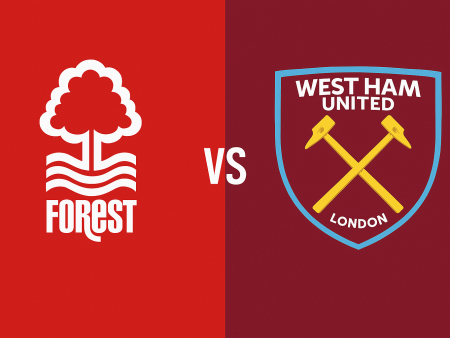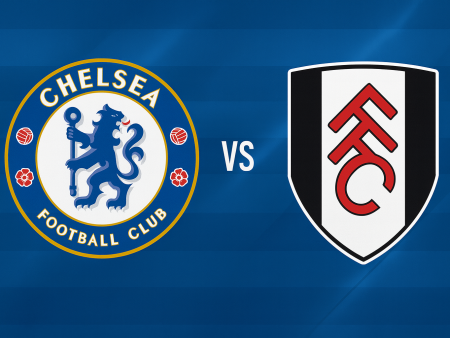Why Levi Colwill Is the Ideal Centre-Back for Chelsea’s Future
Chelsea have often faced criticism for letting talented young defenders leave before reaching their full potential. Players like Fikayo Tomori and Marc Guéhi left Stamford Bridge for minimal fees, only to excel elsewhere and prove their worth at the highest level. In recent seasons, while giving opportunities to other young defenders such as Trevoh Chalobah, Chelsea continued the trend by sending Levi Colwill on loan. With the new campaign underway, the time has come for Chelsea to make Levi Colwill a central figure in their defensive plans.
The Case for Colwill: Building the Defence Around Youth
After years of missing out on nurturing young centre-backs in-house, Chelsea can no longer afford to overlook the quality emerging from their own academy. Colwill, who impressed during loan spells with Huddersfield Town and Brighton & Hove Albion, has returned to Chelsea ready to step up and help the club progress on both ends of the pitch. Investing trust in Colwill now could not only secure defensive stability but also prevent Chelsea from repeating past mistakes with their academy graduates.
Composure and Distribution: Colwill’s Strengths in Possession
Modern centre-backs do more than just defend; they act as the launchpad for attacks. Chelsea's tactical setup under Mauricio Pochettino, whether using a back three or four, demands defenders who are comfortable in possession and capable of progressing the ball. Thiago Silva, even at 39, remains one of the best in Europe at distributing from deep. However, relying exclusively on Silva is not a viable long-term strategy.
Levi Colwill has demonstrated remarkable composure and vision for a player his age. At Brighton, he thrived under Roberto De Zerbi’s possession-heavy play, excelling at manipulating pressure and making incisive passes. Colwill’s ability to pause on the ball-a skill often referred to as ‘la pausa’-allows him to control tempo, invite opposition pressure, and break lines with intelligent passing.
Key passing statistics from last season highlight Colwill’s value:
- Progressive Pass Completion: 74.3% (behind only Badiashile and Silva amongst Chelsea Centre-backs)
- Forward Pass Completion: 86.3% (second to Thiago Silva)
- Passes per 90 Into Final Third: 8.59 (highest among Chelsea centre-backs in 17 Brighton appearances)
- Forward Passes per 90: 30.5 (highest among Chelsea’s options)
Colwill’s left-footedness provides Chelsea with greater tactical flexibility when building from the back, especially following the departure of key midfielders from their Champions League-winning squad. His vertical passing range also perfectly suits the club’s historic emphasis on width and direct play-attributes that have often been missing in recent campaigns.
Understanding Colwill’s Defensive Approach
While Colwill’s on-ball abilities draw much praise, his defensive qualities are equally impressive. Unlike the archetypal aggressive tackler, Colwill channels his speed and strength into smart positional play and timely interventions. Drawing comparisons with Virgil van Dijk, he prefers to use anticipation and mobility rather than going to ground-ranking in just the bottom 1% for tackles among centre-backs last season (0.59 per 90).
Yet, Colwill is far from passive:
- Defensive Duels Won: 71.6% (highest among Chelsea centre-backs)
- Total Duels Won: 66%
- Aerial Duels Won: 63.9% (behind only Silva and Badiashile)
This low-tackle, high-interception style allows Colwill to keep attackers in front of him, use his frame to obstruct passing lanes, and recover swiftly. His calmness in high-pressure situations keeps Chelsea’s defence organized and minimizes errors. Playing alongside leaders like Thiago Silva or with physically gifted partners like Benoît Badiashile would further amplify his strengths.
Positional Intelligence and Adaptability
Colwill’s experience covering for more aggressive or physical centre-backs-such as Lewis Dunk at Brighton-prepares him well for a range of roles at Chelsea. Whether acting as the sweeper in a duo or man-marking imposing strikers, he brings valuable flexibility and tactical awareness.
Importantly, Colwill’s style is a direct contrast to defenders who rely on rash challenges and often step out of line unnecessarily. This measured approach bodes well for Chelsea, who struggled last season with inconsistency and lapses of discipline at the back.
Why Chelsea Must Make Colwill a Defensive Anchor
With injuries depleting Chelsea’s defensive options-most notably sidelining Wesley Fofana-there is no better moment for Colwill to claim a regular starting spot. At just 20 years old, he already displays maturity and composure beyond his years, both in possession and in managing defensive responsibilities.
Forging a partnership with established figures like Silva or Badiashile would not only stabilize Chelsea’s backline but also help guide Colwill as he transitions into a central leadership role for the club’s future. Integrating Colwill fully into the first team now could mark a turning point for Chelsea’s approach to youth development and long-term squad planning.
Conclusion: Time for Chelsea to Trust Their Youth
Levi Colwill’s blend of technical ability, intelligent defending, and composure set him apart as an ideal centre-back for Chelsea’s evolving tactical landscape. To avoid a repeat of past mistakes and truly capitalize on their academy’s potential, Chelsea must place their trust in Colwill-making him a foundation for both their defence and their future ambitions. Now is the time for the Blues to make Levi Colwill a mainstay at the heart of Stamford Bridge.













